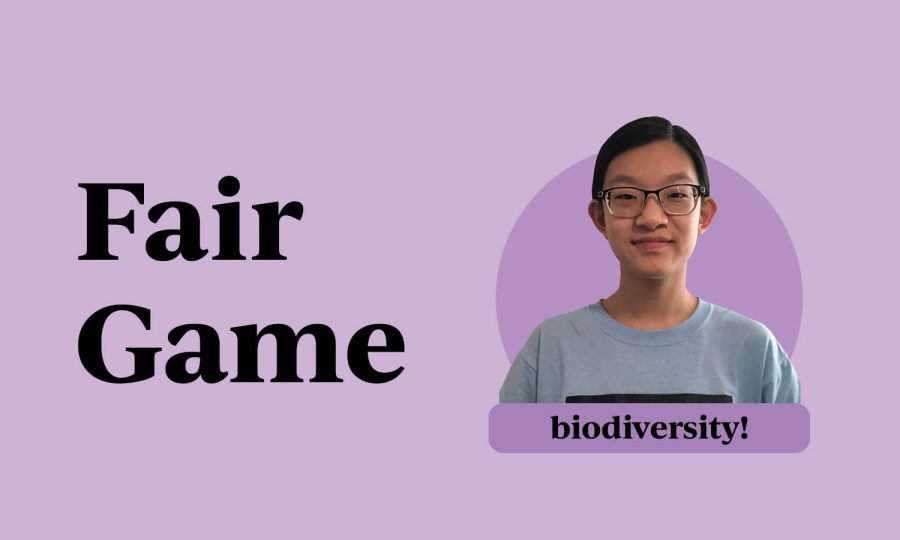In the environmental movement hunting is a controversial topic. One of the strongest anti-hunting arguments revolves around trophy hunting. Trophy hunting is the hunting of animals solely for their head or pelt, contributing to poaching. In response to this, the massive conservation lobby has passed legislation that members claim protects parks and reserves, typically by implementing long prison sentences for those caught hunting.
I don’t support people who go to parks and hunt lions, elephants and other vulnerable animal species for fun, but the conservation lobby has gone too far; in essence they’ve made hunting out to be the enemy of environmentalism. To them, it doesn’t matter that indigenous tribes have been forced out of their own land to make room for protected game reserves.
One example of this is in Botswana’s Central Kalahari Game Reserve, a historic hunting ground for the San people. In 2006, nine San who had been hunting antelope were shot at, arrested, beaten and detained for poaching in a nature reserve. The World Wildlife Fund (WWF) has been accused of hiring park rangers who tortured and killed indigenous people and then lobbying to get the charges against the rangers dropped. Many native tribes in these situations have been forced to leave their ancestral land, despite most evidence claiming these tribes don’t damage animal populations. In fact, studies have shown indigenous hunters actually protect animals, land and water.
There have been some victories for indigenous rights. The case regarding the San people ultimately led to the overturn of the hunting ban in the Central Kalahari Game Reserve because it violated the San’s right to life.
The Makah tribe have a treaty with the United States that allows them to hunt whales. International law is also supportive of hunting rights. The United Nations Declaration on the Rights of Indigenous Peoples talks about “their right to the resources which they have traditionally used,” resources which include the animals hunted.
Despite these victories, public opinion is still stacked against indigenous hunters. The San people won their court case but are still refused licenses to hunt—and if they hunt anyway, they risk being shot at. Botswana is one of several countries with a shoot-to-kill policy, placing a greater importance on wildlife than human life. Despite a treaty protecting their rights, the Makah tribe has still been unable to hunt whales for decades thanks to legal battles against conservationists, with animal rights groups calling this cultural practice “barbaric.”
While conservation organizations do help protect endangered species and enforce laws against poachers, their propaganda campaign has also caused indigenous people harm. If less public backlash was aimed at indigenous people for their cultural practices and more backlash was directed toward the conservation lobby for their human rights abuses, we can not only better preserve the environment, but also protect indigenous tribes around the world.

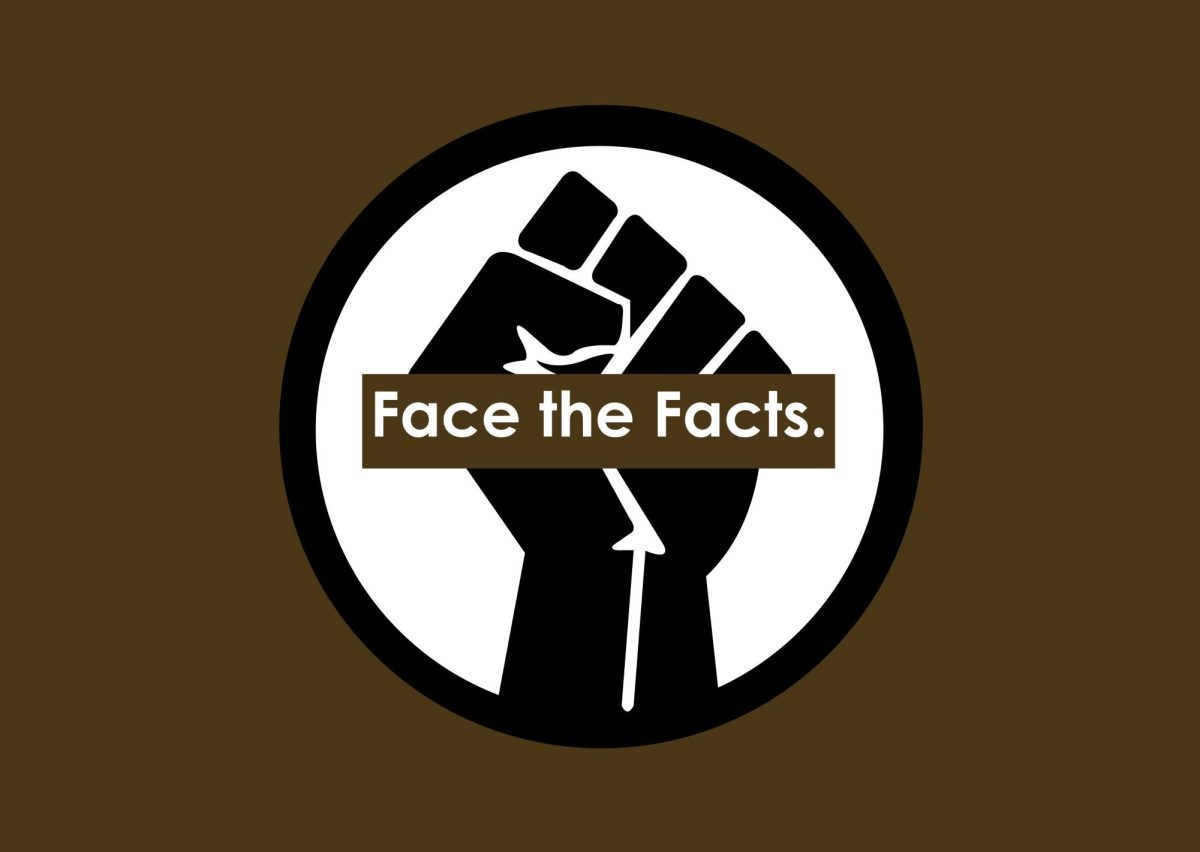
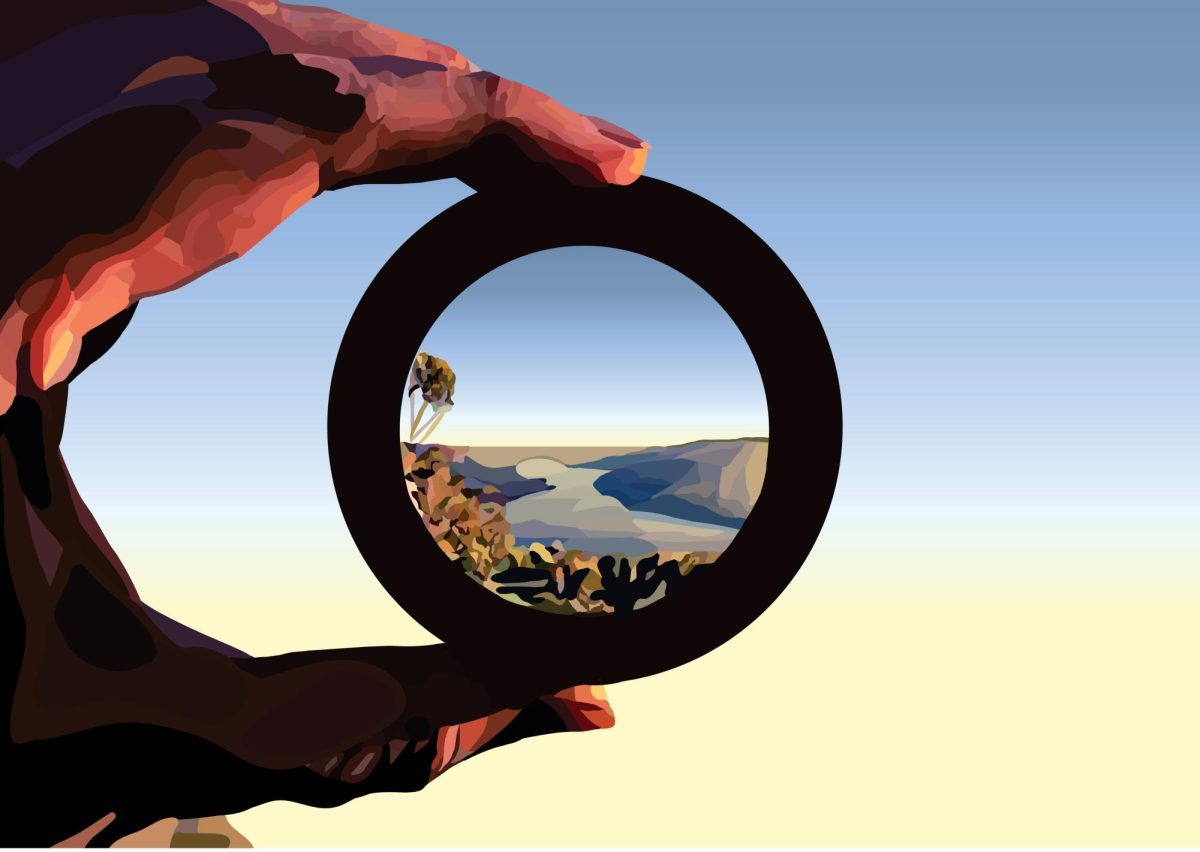



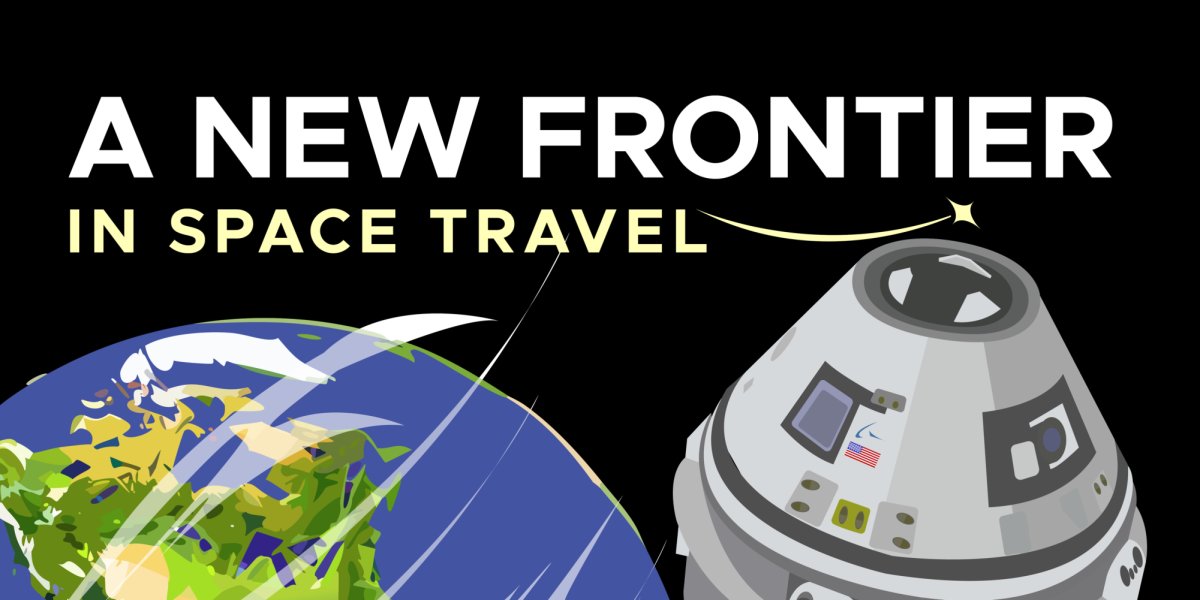




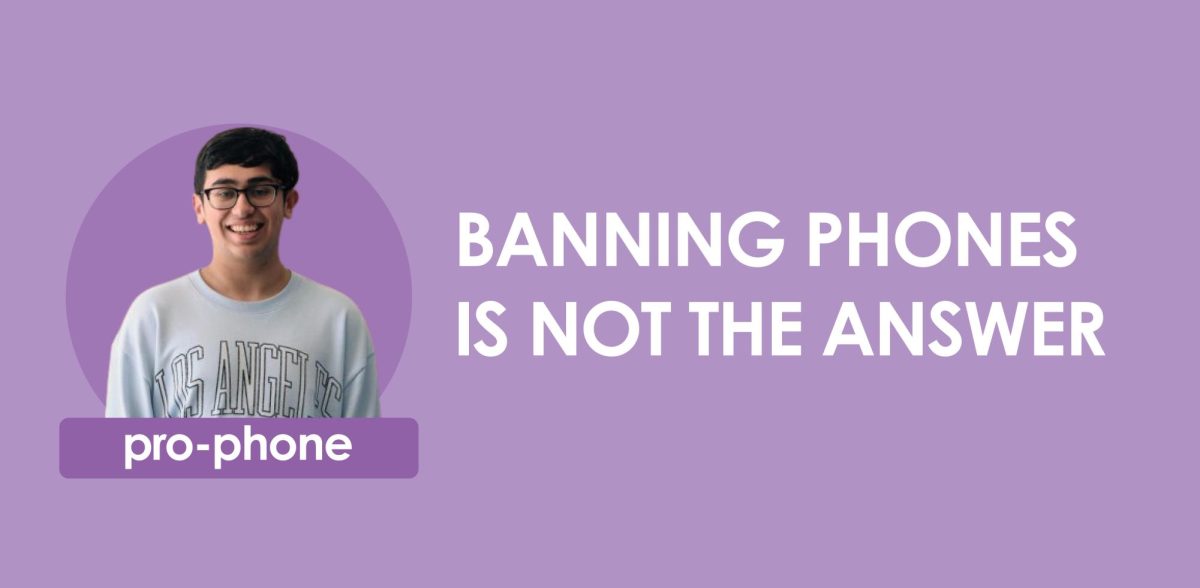
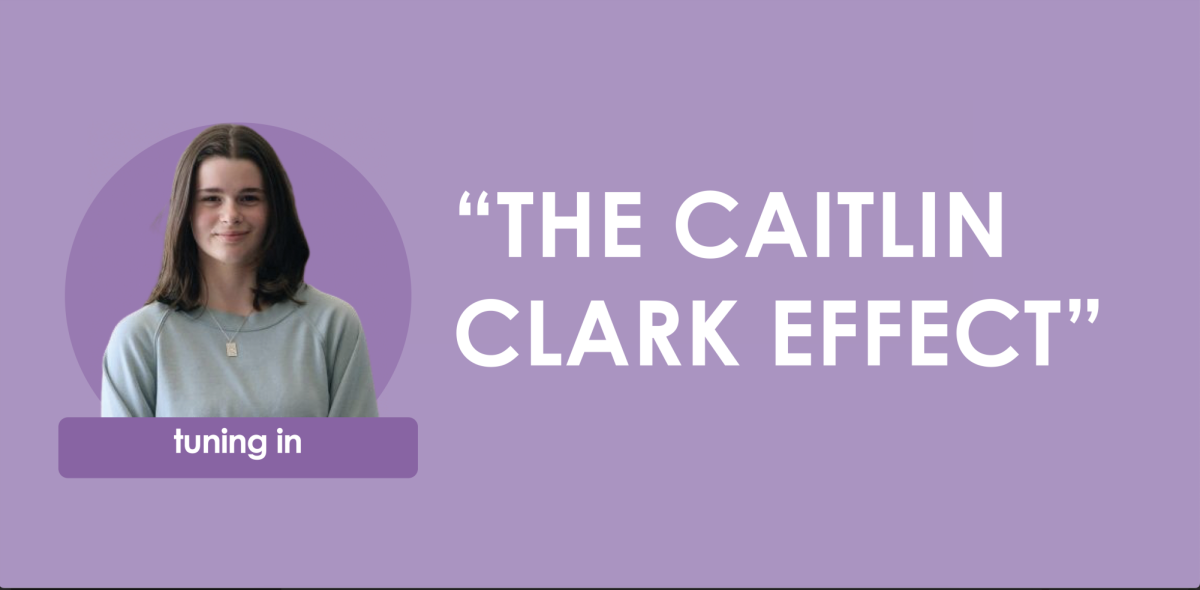

















![Family vlogger controversy, need for content reform [opinion]](https://hilite.org/wp-content/uploads/2024/05/Screenshot-2024-05-14-11.33.37-AM-1200x465.png)





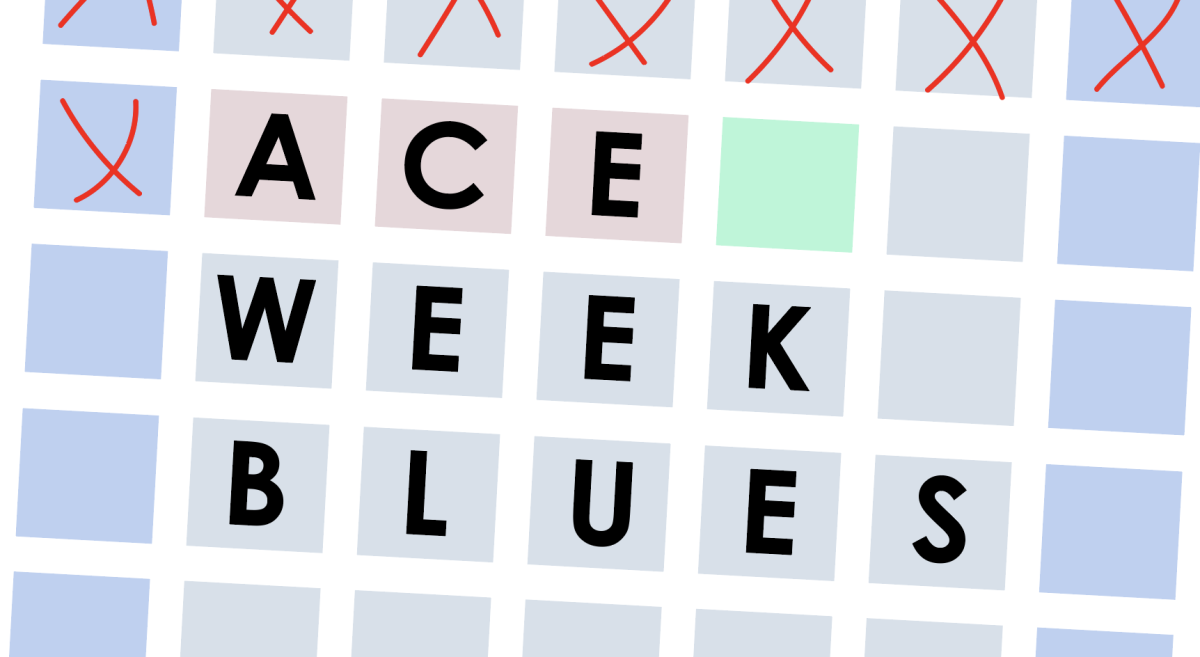
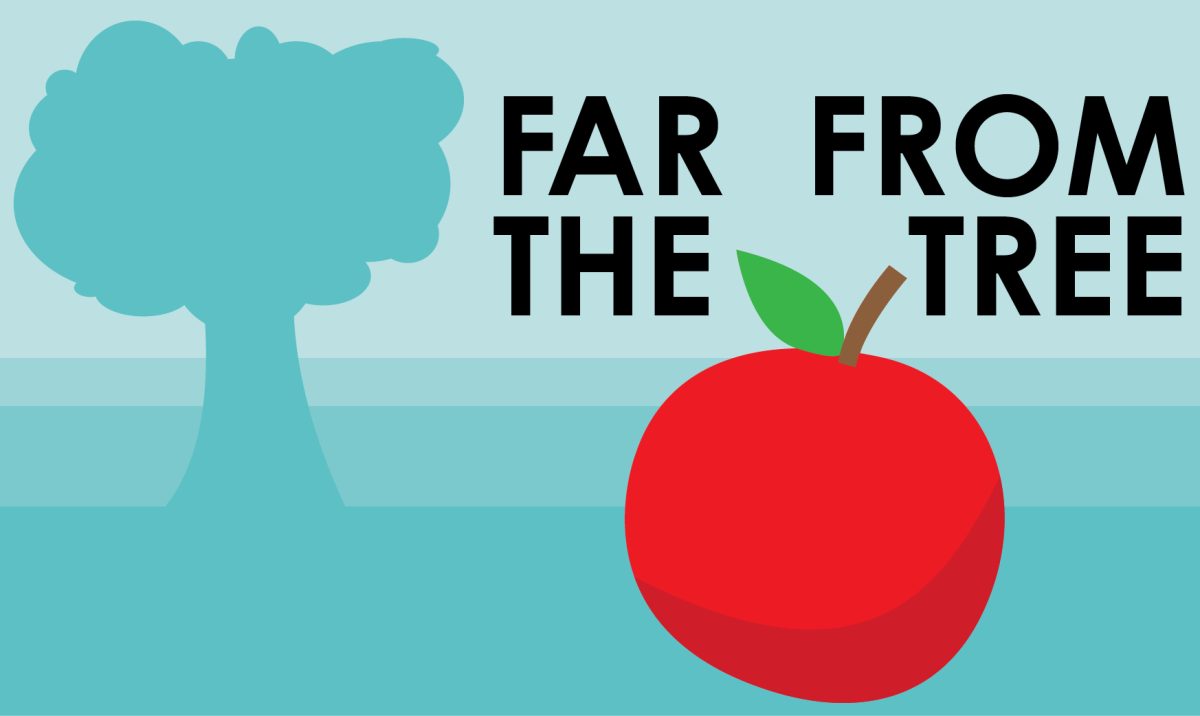





















![Review: Taylor Swift’s new album The Tortured Poets Department is not her best work but is still a brilliant album [MUSE]](https://hilite.org/wp-content/uploads/2024/05/The-Anthology_Cover-1200x675.webp)
![Review: Challengers does it all [MUSE]](https://hilite.org/wp-content/uploads/2024/05/challengers-poster-1200x600.png)
![Review: A House of Flame and Shadow by Sarah J. Maas was a disappointing read [MUSE]](https://hilite.org/wp-content/uploads/2024/05/house-of-flame-and-shadow-feature.png)
![Review: Conan Gray’s new album, “Found Heaven”, is a refreshing twist on modern music [MUSE]](https://hilite.org/wp-content/uploads/2024/05/Screenshot-2023-10-31-at-16.01.05.webp)
![Review: “Bodies, Bodies, Bodies” is the quintessential Gen-Z movie [MUSE]](https://hilite.org/wp-content/uploads/2024/05/Screenshot-2024-05-15-140618.png)
![Review in Print: Maripaz Villar brings a delightfully unique style to the world of WEBTOON [MUSE]](https://hilite.org/wp-content/uploads/2023/12/maripazcover-1200x960.jpg)
![Review: “The Sword of Kaigen” is a masterpiece [MUSE]](https://hilite.org/wp-content/uploads/2023/11/Screenshot-2023-11-26-201051.png)
![Review: Gateron Oil Kings, great linear switches, okay price [MUSE]](https://hilite.org/wp-content/uploads/2023/11/Screenshot-2023-11-26-200553.png)
![Review: “A Haunting in Venice” is a significant improvement from other Agatha Christie adaptations [MUSE]](https://hilite.org/wp-content/uploads/2023/11/e7ee2938a6d422669771bce6d8088521.jpg)
![Review: A Thanksgiving story from elementary school, still just as interesting [MUSE]](https://hilite.org/wp-content/uploads/2023/11/Screenshot-2023-11-26-195514-987x1200.png)
![Review: When I Fly Towards You, cute, uplifting youth drama [MUSE]](https://hilite.org/wp-content/uploads/2023/09/When-I-Fly-Towards-You-Chinese-drama.png)
![Postcards from Muse: Hawaii Travel Diary [MUSE]](https://hilite.org/wp-content/uploads/2023/09/My-project-1-1200x1200.jpg)
![Review: Ladybug & Cat Noir: The Movie, departure from original show [MUSE]](https://hilite.org/wp-content/uploads/2023/09/Ladybug__Cat_Noir_-_The_Movie_poster.jpg)
![Review in Print: Hidden Love is the cute, uplifting drama everyone needs [MUSE]](https://hilite.org/wp-content/uploads/2023/09/hiddenlovecover-e1693597208225-1030x1200.png)
![Review in Print: Heartstopper is the heartwarming queer romance we all need [MUSE]](https://hilite.org/wp-content/uploads/2023/08/museheartstoppercover-1200x654.png)






















![Review: “Ginny & Georgia” is a dramatic and poorly made emotional rollercoaster–and I loved it anyway [MUSE]](https://hilite.org/wp-content/uploads/2024/03/ginny-and-georgia-season2-main-be37bbb9487a41e88b3f66c3baacd5c3-300x177.jpg)
![Review: Witch Hat Atelier is a masterpiece in art and world-building, but the story has only begun [MUSE]](https://hilite.org/wp-content/uploads/2024/01/unnamed-211x300.png)
![Review: “Mysterious Lotus Casebook” is an amazing historical Chinese drama [MUSE]](https://hilite.org/wp-content/uploads/2024/03/0-300x170.webp)
![Review: “A Little Life” by Hanya Yanagihara is the epitome of a heartwrenching masterpiece [MUSE]](https://hilite.org/wp-content/uploads/2024/01/unnamed-5-300x200.png)




